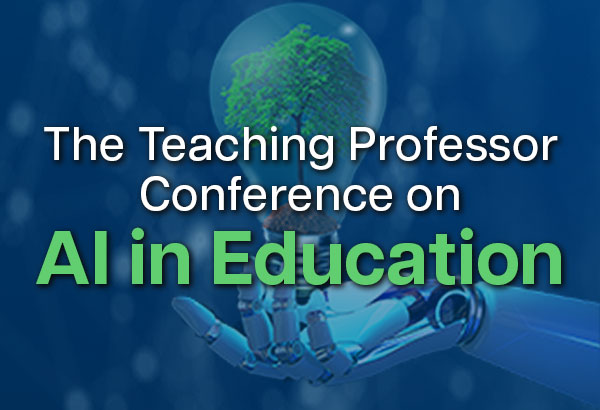A Season for Silence
Another year, another collection of posts and comments. Another time to say thank you for your faithful readership and express grateful appreciation to Faculty Focus’ extraordinary editor, Mary Bart.
Our lives are busy, full, and boisterous. We get a sense of that when the semester ends. Oh, there’s plenty going on at home, especially this time of year, but at work it’s quiet. Classes are done, and there are only a few students left scurrying around campus. Yes, there’s grading, but that now gets done without many interruptions. For a while we relish the quiet. The sidewalks aren’t crowded. Coffee can be had in the student center without a wait. We have the library to ourselves. But then the silence turns to emptiness. What is a campus without students?



